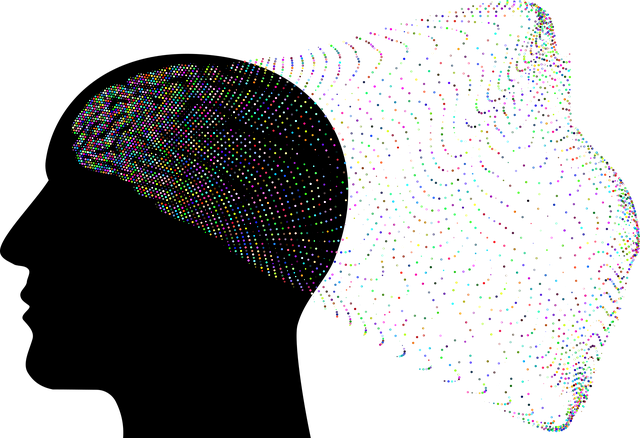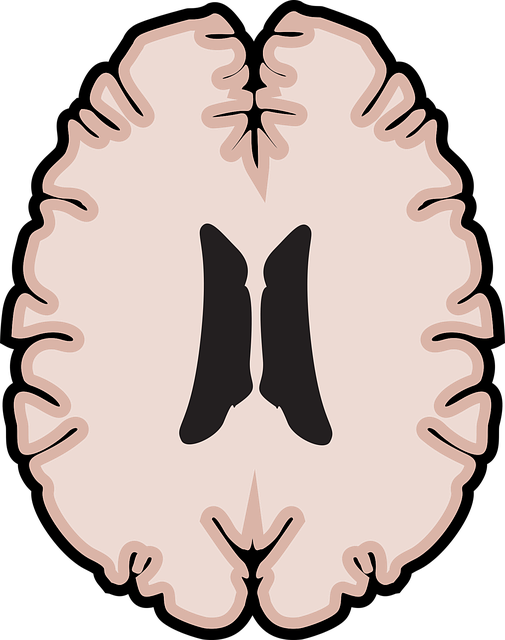Media portrayals of Autism Spectrum Disorder (ASD) significantly impact societal views and can either hinder or promote understanding and support. To foster accurate representations, media should collaborate with experts like those from Highlands Ranch Autism Spectrum Disorder Therapy, focusing on diverse real-life stories and emotional healing narratives. This approach humanizes experiences, challenges stereotypes, and promotes empathy, leading to early intervention and a more inclusive community. By combining therapy sessions, support networks, and compassion cultivation practices, individuals with ASD and their therapists can actively reshape public perceptions, creating safe spaces for open dialogue and inspiring positive change.
In today’s media landscape, the representation of mental illness, particularly Autism Spectrum Disorder (ASD), plays a pivotal role in shaping public perception. This article delves into the profound impact of media portrayals on mental health stigma and offers solutions to challenge these stereotypes. We explore effective strategies for accurate ASD representation, highlighting the power of storytelling through therapy and support networks. By fostering understanding and empathy, Highlands Ranch communities can create an inclusive environment, breaking down barriers for individuals navigating ASD therapies.
- Understanding the Impact of Media Portrayals on Mental Health Perception
- Strategies for Accurate and Compassionate Autism Spectrum Disorder (ASD) Representation in Media
- The Role of Therapy and Support Networks in Challenging Stereotypes through Storytelling
Understanding the Impact of Media Portrayals on Mental Health Perception

Media portrayals have a profound impact on shaping societal perceptions of mental health. The way mental illnesses are depicted in films, television shows, and news media can either promote understanding and empathy or perpetuate harmful stereotypes. For instance, frequent media representations of autism spectrum disorder (ASD) as a superpower or a rare condition that makes individuals incapable of independent living can be misleading. Such portrayals miss the nuances of ASD and Highlands Ranch Autism Spectrum Disorder Therapy, potentially hindering those who genuinely struggle with their mental health from seeking help.
A balanced approach to media representation is crucial for fostering Mental Health Awareness and Cultural Sensitivity in Mental Healthcare Practice. By showcasing diverse real-life experiences and emphasizing the emotional healing processes, media can play a significant role in reducing stigma and promoting accurate understanding of mental illnesses. This, in turn, encourages early intervention and support for individuals experiencing symptoms, ensuring they receive the appropriate care, such as that offered by Highlands Ranch Autism Spectrum Disorder Therapy services.
Strategies for Accurate and Compassionate Autism Spectrum Disorder (ASD) Representation in Media

Media representation plays a pivotal role in shaping public understanding and perception of mental health conditions, including Autism Spectrum Disorder (ASD). To ensure accurate and compassionate portrayal, media creators should prioritize consultation with experts, especially professionals from Highlands Ranch Autism Spectrum Disorder Therapy, who can provide valuable insights into the complexities of ASD. This collaborative approach helps in creating nuanced characters that reflect the diversity of experiences within the autism community.
By incorporating Self-Care Practices and Emotional Well-being Promotion Techniques into narratives, media can effectively portray individuals with ASD navigating their unique challenges. Depicting emotional healing processes authentically allows audiences to gain a deeper understanding of the struggles and strengths associated with the spectrum. Such representation fosters empathy, challenges stereotypes, and promotes a more inclusive society where everyone feels seen and heard, including those in the autism community.
The Role of Therapy and Support Networks in Challenging Stereotypes through Storytelling

The power of storytelling is an effective tool to challenge stereotypes surrounding mental health conditions like Autism Spectrum Disorder (ASD) in Highlands Ranch and beyond. Through compelling narratives, therapy sessions, and support networks can play a pivotal role in reshaping public perception. By sharing personal journeys, individuals with ASD and their therapists can humanize the experience, dispelling myths, and fostering empathy. This approach not only educates but also inspires compassion and understanding.
Incorporating Burnout Prevention Strategies for Healthcare Providers and Mental Wellness Coaching Programs Development can further enhance these efforts. Therapists who participate in Compassion Cultivation Practices are better equipped to create safe spaces, encouraging open dialogue. This, in turn, allows individuals with ASD to express their unique perspectives, fostering an environment where stories can break down barriers and promote positive change.
Media representation plays a pivotal role in shaping public perception about mental health, especially conditions like Highlands Ranch Autism Spectrum Disorder (ASD). By employing strategies that promote accurate and compassionate storytelling, we can challenge stereotypes and foster a more inclusive society. Through effective media portrayal, therapy, and robust support networks, we have the power to enhance understanding and improve the lives of individuals navigating ASD and other mental health challenges. These collective efforts are essential in creating an environment where everyone receives the support they need.











